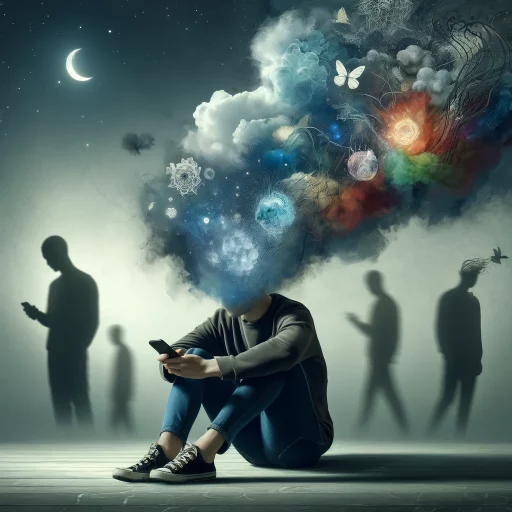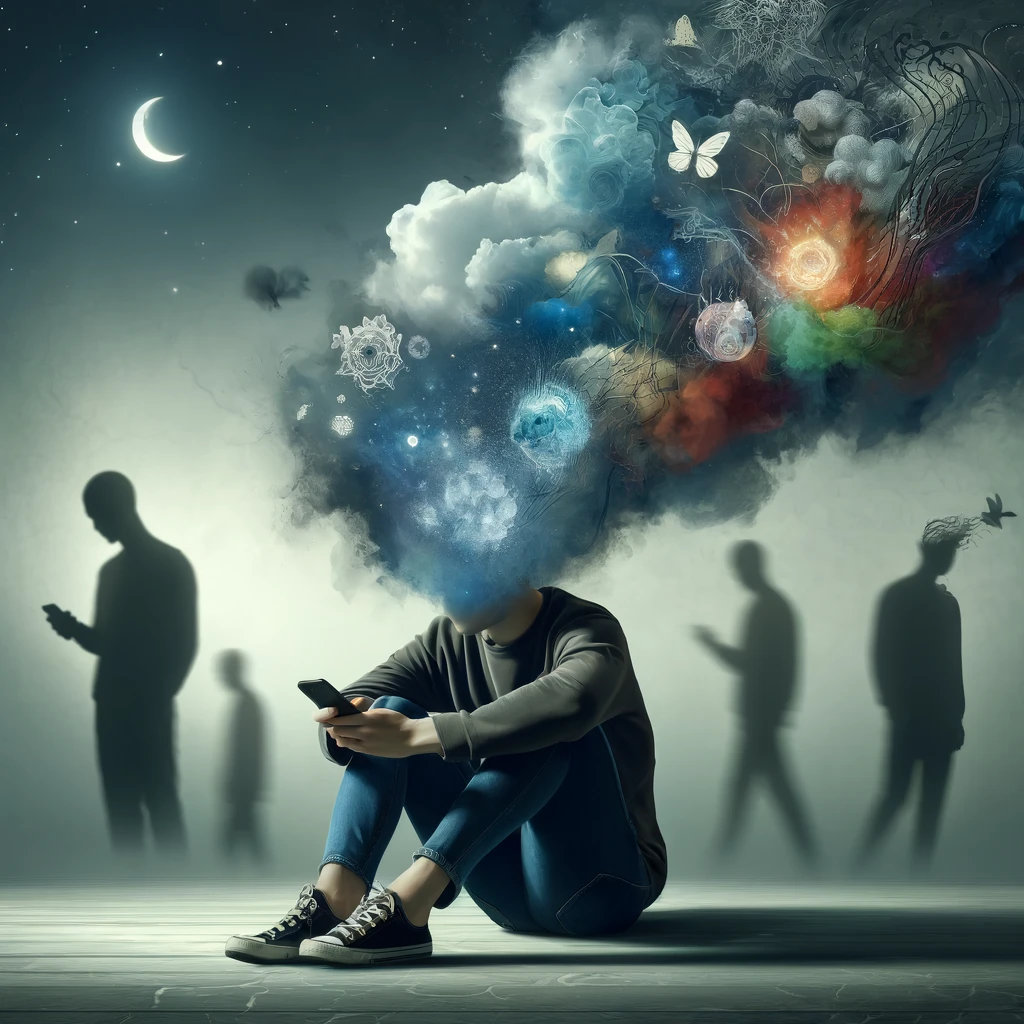When Being Ignored Hurts More Than We Think
Imagine this: a close friend or romantic interest suddenly stops responding to your messages. No explanation, no goodbye—just silence. This act, known as “ghosting,” has become a common experience in the digital age, but it can leave lasting emotional scars. Researchers now suggest that ghosting, especially when paired with high stress, can lead to unhealthy coping mechanisms like excessive daydreaming and increased self-absorption.
Ghosting’s Hidden Emotional Toll
In a study involving 301 university students in Vietnam, researchers explored the psychological effects of ghosting. They found that those who frequently experienced ghosting, combined with high levels of stress, were more likely to engage in maladaptive daydreaming—vivid, prolonged fantasies that take over their daily lives. Additionally, these individuals were more prone to vulnerable narcissism, a type of self-centeredness marked by sensitivity to rejection and feelings of insecurity.
Real-Life Implications of Digital Disconnection
This research highlights how seemingly minor social behaviors, like ghosting, can significantly impact mental health. People dealing with these experiences often retreat into their minds as a form of escape, but this can disrupt relationships, work, and overall well-being. It’s a reminder of how our digital interactions can have very real emotional consequences.
Building Healthier Coping Strategies
The findings emphasize the need to address the mental health challenges associated with ghosting and stress. By promoting open communication and encouraging healthier coping mechanisms, we can mitigate these negative effects. Awareness of these behaviors can help individuals build resilience and foster stronger, more empathetic relationships.
For further details, visit the full article: PsyPost





